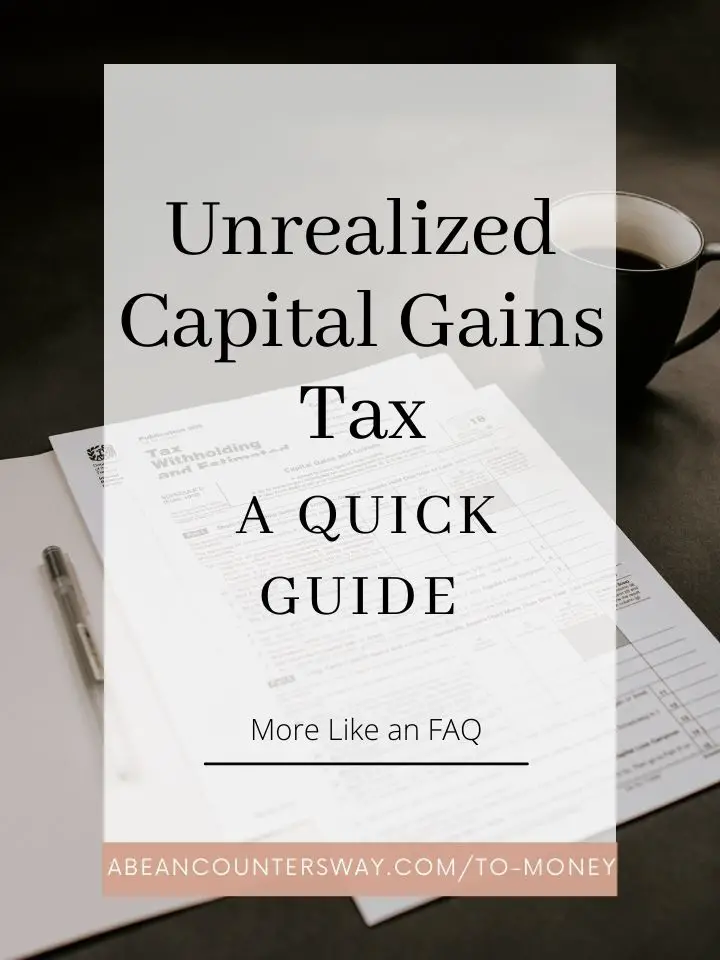Inflation has been a top story in the news lately. Many politicians have argued that the inflation we are experiencing is just temporary. Some of these same politicians have gone a step further and have spoken about the virtues of Modern Monetary Theory.
What is Modern Monetary Theory?
Modern Monetary Theory (MMT) is an economic theory that examines the relationship between national economies, monetary systems, and international financial markets. This school of thought argues that governments can employ fiscal policy to regulate aggregate demand, stabilize output and employment over the business cycle, and achieve full employment with price stability.
In other words, MMT subscribers believe that the government can effectively control all aspects of an economy and achieve full employment.
What are the Goals of MMT for Politicians and Society?
The primary goal of the MMT is to help reduce social and economic inequality. The MMT teaches that we should not treat people as just a “thing” but rather as a “person”. It also claims to help the economy by providing jobs for all and making sure that everyone will have a chance to get ahead and succeed.
The problem with this idea is that it gives nearly absolute power to the government. Power corrupts. History has shown that when this type of policy is adopted, an oligarchy is quickly created. Those with close government ties become the new ruling class and the former upper and middle class all see their standard of living rapidly decline.
Why would anyone believe in the principles of Modern Monetary Theory
MMT is idealist at best. It is well suited to those politicians who believe that government can and should solve every problem. MMT offers a way to justify such social-political goals as free health care or free college for everyone without imposing significant tax increases on the middle class.
Are Fiscal Controls or Taxes Even Needed?
Most people do not realize that our government could operate even when collecting no taxes at all. Every program imaginable could be paid for by printing money. Want Universal Health Care…no problem you got it…Free College… here you go…a nice house for everyone…done. The problem is even without taxes all of this will be paid for. How? Inflation.
When more money is printed and spent than the economy produces this creates deficits and causes money to lose its value. Prices go up because of an increase in demand. The economic market regulates itself and everyone who is not holding assets that rise with inflation gets hurt. In other words, the rich get richer, and the poor get very poor. This is opposite to the stated goal of MMT.
Proponents of MMT argue that deficits do not matter and that inflation can be kept in check with taxation and by finding a percentage of spending the government can limit itself to such as 30% of GDP. However, this argument doesn’t hold water because now we are back to keeping the government to a budget and you can’t have endless spending on a budget. Societies that have tinkered with less competitive economic systems have found that GDP usually falls in a less competitive environment. Even China has implemented strategies to move toward a more competitive market economy, (that is still heavily government-controlled).
Stephanie Kelton, is a political advisor and a major voice in support of Modern Monetary Theory. She believes that governments should not worry about how to pay for programs but they should worry about how to best provide the resources for them. Thus running large deficits isn’t the problem, getting the people and the goods necessary to make programs work is. Kelton argues that the government should set interest rates close to zero and this would keep deficits from perpetually growing on their own.
What about inflation?
Economists who believe in MMT often have varied answers told that MMT will cause inflation. Answers range from, it doesn’t matter as long as the government provides for people, to it can be kept in check with taxes or other economic policies.
An intriguing modern argument is that printing money doesn’t cause much inflation in the United States because Americans often spend money on products made overseas. Thus the money eventually finds its way offshore. While this may have some truth to it, excess money printing in the US causes the price of products to rise overseas. This leads to global inflation. Perhaps that is why Jack Dorsey the CEO of Twitter recently tweeted that hyperinflation would, “happen in the US soon, and so the world.”
I recently wrote another article that was inspired by Jack Dorsey’s Tweet. It’s called, “Prepare for the Worst, Hope for the Best.”
Note: It’s easy to get into a political debate based on economic theories. For this reason, I have left the names of politicians out of this post. Our blog is not about politics. It is about sharing ideas, and opinions on Money, Economics, Accounting, Food, and Life. Thank you for reading.
References
Nast, C., & @. (2019, August 20). The Economist Who Believes the Government Should Print More Money | The New Yorker. The New Yorker. https://www.newyorker.com/news/news-desk/the-economist-who-believes-the-government-should-just-print-more-money
Cox, J. (2021, October 23). Twitter And Square CEO Jack Dorsey Says ‘hyperinflation’ Will Happen Soon In the U.S. And the World. CNBC. https://www.cnbc.com/2021/10/23/twitter-and-square-ceo-jack-dorsey-says-hyperinflation-will-happen-soon-in-the-us-and-the-world.html








